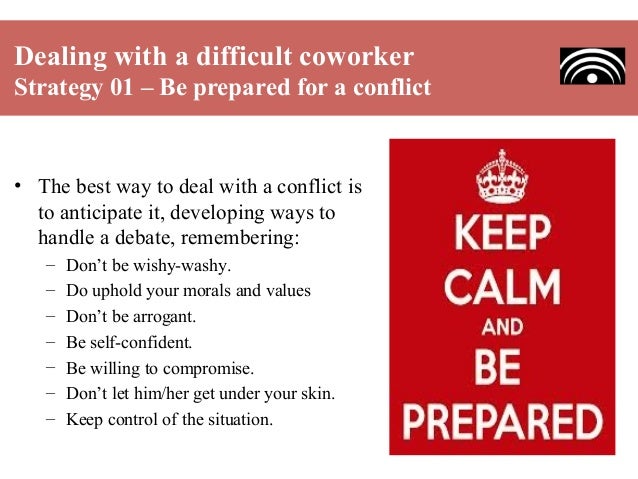How To Outsmart A Manipulative Coworker

The Monday morning coffee run. What should be a simple act of caffeinated camaraderie can quickly turn treacherous when you work with Brenda. She always manages to "forget" her wallet, subtly guilt-tripping you into paying, then later subtly implying your chosen latte wasn't quite up to par. Sound familiar? You're likely dealing with a manipulative coworker.
Navigating the workplace often means more than just completing tasks; it involves managing interpersonal dynamics, including those with individuals who employ manipulation. This article provides practical strategies to identify and effectively address manipulative behaviors, fostering a healthier and more productive work environment.
Understanding Workplace Manipulation
Manipulation in the workplace isn't always overt. It often manifests in subtle forms like gaslighting, spreading rumors, or taking credit for others' work. According to a study by the Workplace Bullying Institute, manipulative behavior is a common form of workplace abuse, impacting employee morale and productivity.
Recognizing these tactics is the first step in protecting yourself.
Identifying Common Tactics
Pay attention to patterns of behavior. Does your coworker consistently deflect responsibility or play the victim? Do they excel at flattery to get you to do their work?
These are classic signs of manipulation. Gaslighting, for instance, involves distorting reality to make you question your own sanity. "I never said that," or "You're being too sensitive," are typical phrases used to undermine your confidence.
Another common tactic is triangulation, where the manipulator involves a third party to create division and conflict.
Strategies for Counteracting Manipulation
Once you've identified the manipulative behavior, you can implement strategies to mitigate its impact.
Setting Boundaries
Clear and consistent boundaries are your best defense. Learn to say "no" without feeling guilty.
For instance, if Brenda asks you to cover her shift for the third time this month, politely decline. A simple, "I'm not available," is sufficient. You don't need to offer excuses or justifications.
Document Everything
Keep a record of interactions, especially those involving manipulative behavior. Document dates, times, specific instances, and any witnesses.
This documentation can be invaluable if you need to escalate the issue to HR.
Communicating Assertively
Assertive communication is key. Express your needs and opinions clearly and respectfully, without being aggressive or passive.
Use "I" statements to express your feelings and avoid blaming or accusing your coworker. For example, instead of saying, "You always interrupt me," try, "I feel interrupted when you speak over me during meetings."
Seeking Support
Don't suffer in silence. Talk to trusted colleagues, friends, or family members about what you're experiencing.
Sometimes, simply verbalizing the situation can provide clarity and validation. Also, consider seeking guidance from HR or a professional therapist if the situation is severely impacting your well-being.
According to the American Psychological Association, seeking support can significantly reduce the negative effects of workplace stress and conflict.
Focusing on Solutions
Instead of dwelling on the problem, shift your focus to finding solutions. Can you limit your interactions with the manipulative coworker?
Can you delegate tasks differently to avoid being taken advantage of? Proactive problem-solving can empower you and reduce the manipulator's influence.
Moving Forward
Dealing with a manipulative coworker can be challenging, but it's a situation that can be navigated successfully. Remember, you have the right to a respectful and healthy work environment. By recognizing manipulative tactics, setting boundaries, communicating assertively, and seeking support, you can protect yourself and foster a more positive workplace experience.
While you can't change Brenda's behavior, you can control how you respond to it, ultimately reclaiming your peace of mind and professional well-being.


















